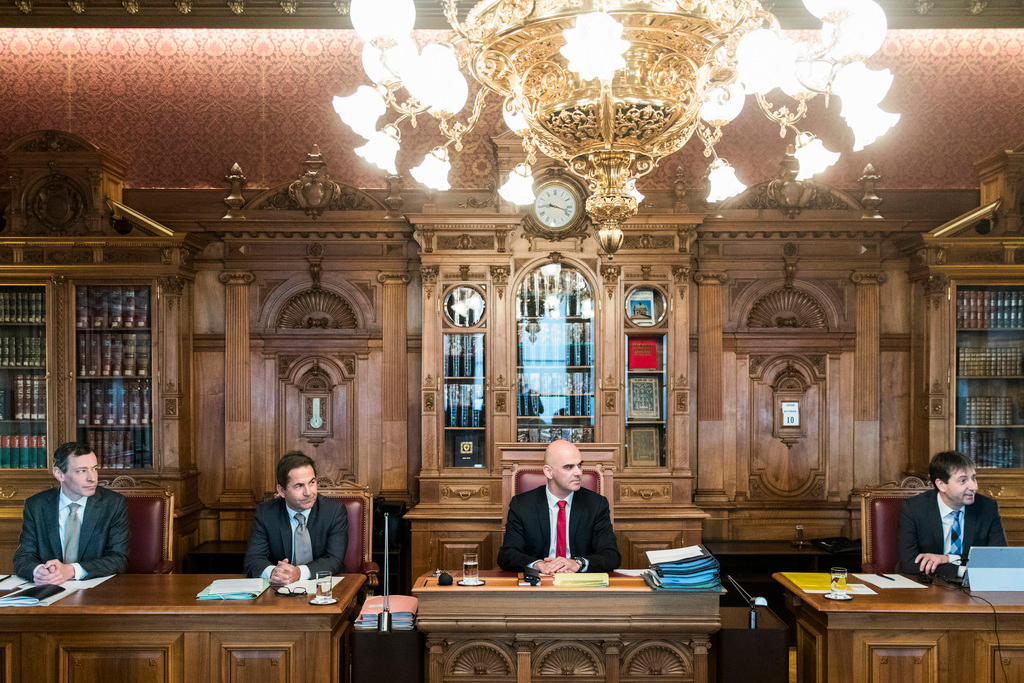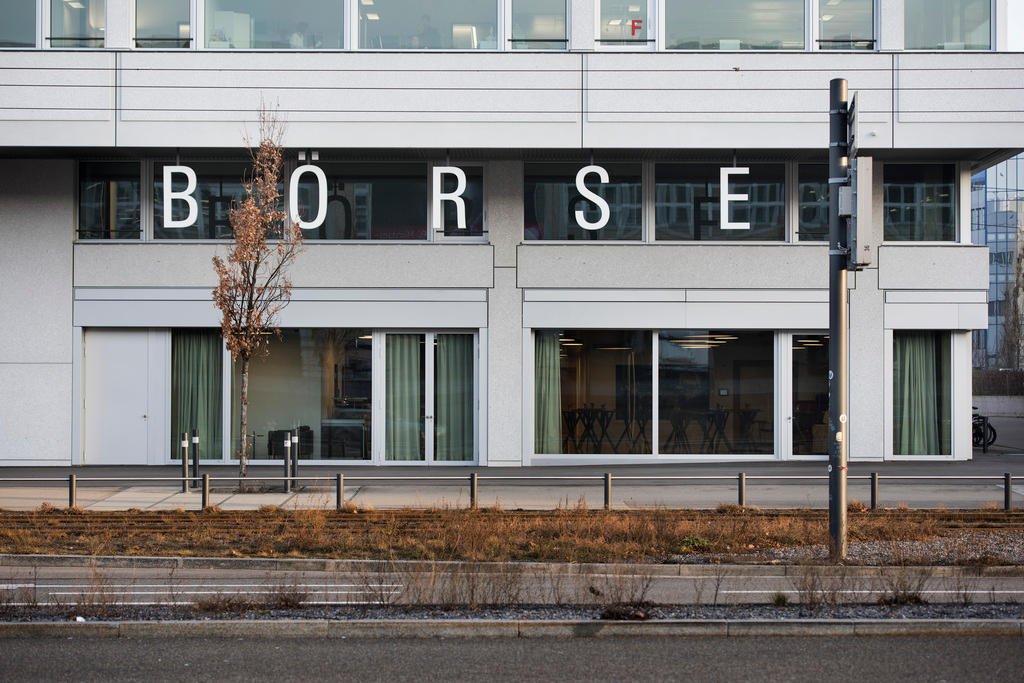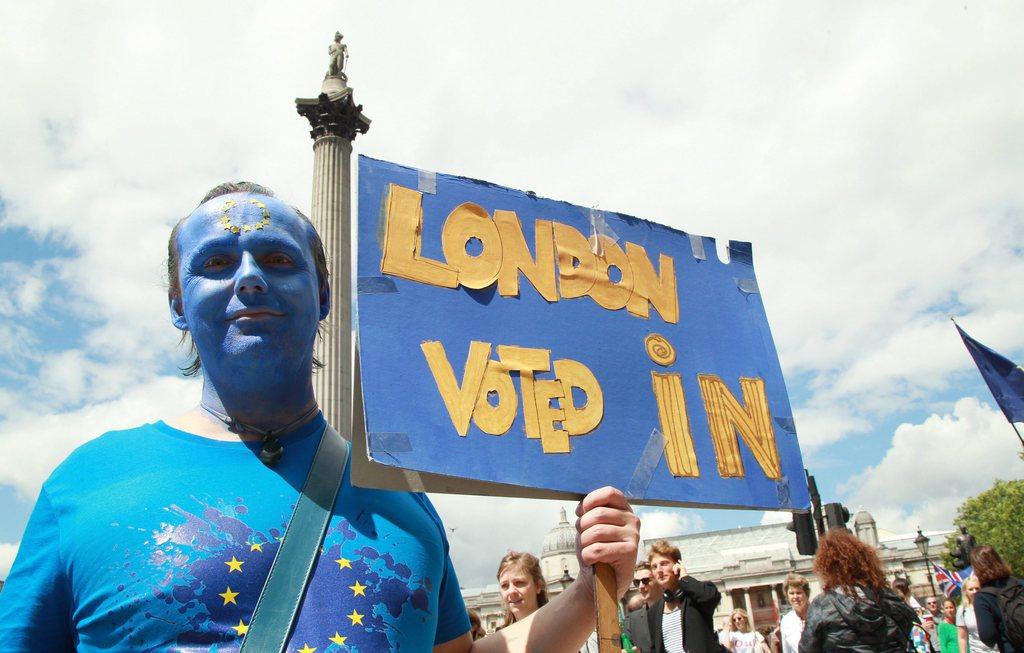Switzerland faces stark choice on EU integration deal

The Swiss government on Friday faces a stark choice on its future relations with the EU that is likely to resonate far beyond its borders — particularly in Brexit Britain.
The seven-member federal council, or cabinet, of the non-EU member state must decide whether to accept a new “institutional framework” agreement with Brussels, under which the Swiss would adopt many EU rules automatically.
It will be a decision fraught with tension. As Brexit approaches in the UK, the EU wants to recalibrate relations with “third party” countries — nations that have close ties to the bloc but are not members.
The Swiss cabinet must choose whether to accept a deal that would align the affluent Alpine country even closer with the EU and, in critics’ eyes, undermine the country’s independence.
Swiss recalcitrance could trigger penalties: Brussels has “weaponised” interactions with non-EU financial institutions by threatening action against Switzerland’s stock exchange.

Why is Switzerland under pressure?
Swiss-EU relations are based on more than 120 bilateral contracts negotiated since a 1992 referendum in the Alpine state rejected joining the European Economic Area, a stepping stone to EU membership.
However, Brussels sees the current package as highly accommodating towards the Swiss — and based on the premise that Switzerland would eventually join the EU.
Since the UK voted for Brexit, Brussels has been determined that Switzerland should not become a model for third country relationships.
Over the past four years, Brussels has pushed for a new arrangement with Switzerland that would see Swiss rules changing automatically to be in line with EU law, and the European Court of Justice (ECJ) having a role in resolving disputes.
With next year bringing European parliamentary elections and a new European Commission team, Jean-Claude Juncker, commission president, needs a deal in the coming weeks.
What could happen on Friday?
Bern might appear to face a binary choice: either accept or reject the EU’s proposals, as negotiated. But it could find wriggle room.
Given the controversial status of the negotiated deal in Switzerland, the federal council might argue for a public consultation period. Another option would be to protest that Brexit is creating too much uncertainty over the EU’s future relationship with third countries.
“They could justifiably say that this is not the moment to push this through,” said one Bern insider.
What are the dangers of no agreement?
Brussels has warned that it could revoke the legal status of equivalence for the Swiss equities market, Europe’s fourth largest, at the end of the year.
Without equivalence, EU institutions could only access Swiss shares such as Nestlé and Novartis via local brokers, and Swiss investors would need to go through EU banks and brokers to buy and sell stock in companies such as Deutsche Bank, Total or Telefónica. That could raise overall share trading costs for ordinary investors.
“It’s not a pretty position for either side to be in,” said Alasdair Haynes, chief executive of Aquis Exchange, a EU share trading venue. “The pan-European marketplace we’ve been trying to develop for 10 years will take a significant negative impact.”
Longer term, Switzerland could find access to EU research programmes more difficult, while future market access deals, especially for its banks, would be put on hold.
What are the ramifications for Brexit?
The political weaponising of what should be a technical decision about equivalence sets a potentially worrying precedent for the UK’s financial sector, which is likely face a similar regime post-Brexit.
More broadly, Switzerland and the UK are different in size and geography. But both countries are having to address the trade-offs involved in being outside the bloc.
Why are the Swiss resisting a framework agreement?
The biggest points of dispute centre on Swiss rules protecting local high wages and the costs of Switzerland accepting the EU’s cherished principle of the free movement of people. There are also objections to the role of the ECJ and EU rules on state aid, which could affect publicly guaranteed Swiss cantonal banks.
+ Putting the institutional framework agreement in context
A deal would almost certainly be put to a referendum, where it is likely to be resisted fiercely by the nationalist Swiss People’s party (SVP), the country’s most popular political party. SVP politicians warn against Switzerland accepting EU “colony” status — and point to the economic leverage Bern could have over Brussels, for instance, if it threatened big increases in charges for trans-Alpine freight transport.
How useful a weapon is equivalence?
Brussels’ tactics have the advantage of flexibility. Last year, the European Commission waited until December 21 before announcing that equivalence for the Swiss stock exchange would be extended only until the end of this month.
In theory, decisions are meant to be based on careful consultation with national governments but Brussels insiders say this scrutiny could be truncated to as few as five days, and done by written procedures. So Brussels could again keep Bern dangling until just days before Christmas.
The Swiss however, have made contingency plans. Last Friday, Bern put in place rules that could, if necessary, prevent EU venues from trading Swiss company shares. The idea is that would drive trade back to the Swiss exchange, providing a compensating income stream. How effective this would be is not clear.
Beyond that, Bern could consider legal action against Brussels, arguing unfair discrimination compared with the treatment of other non-EU exchanges.
Arguably more importantly for Friday’s decision, Swiss politicians resent what they regard as “blackmail” by Brussels, and may decide the price for Swiss equity markets is worth paying, given reservations about the proposed institutional framework.
The Swiss are globally renowned as expert negotiators — and will fight to protect their interests.
Copyright The Financial Times Limited 2018

More
Swiss act to protect Swiss stock exchange

In compliance with the JTI standards
More: SWI swissinfo.ch certified by the Journalism Trust Initiative


You can find an overview of ongoing debates with our journalists here. Please join us!
If you want to start a conversation about a topic raised in this article or want to report factual errors, email us at english@swissinfo.ch.